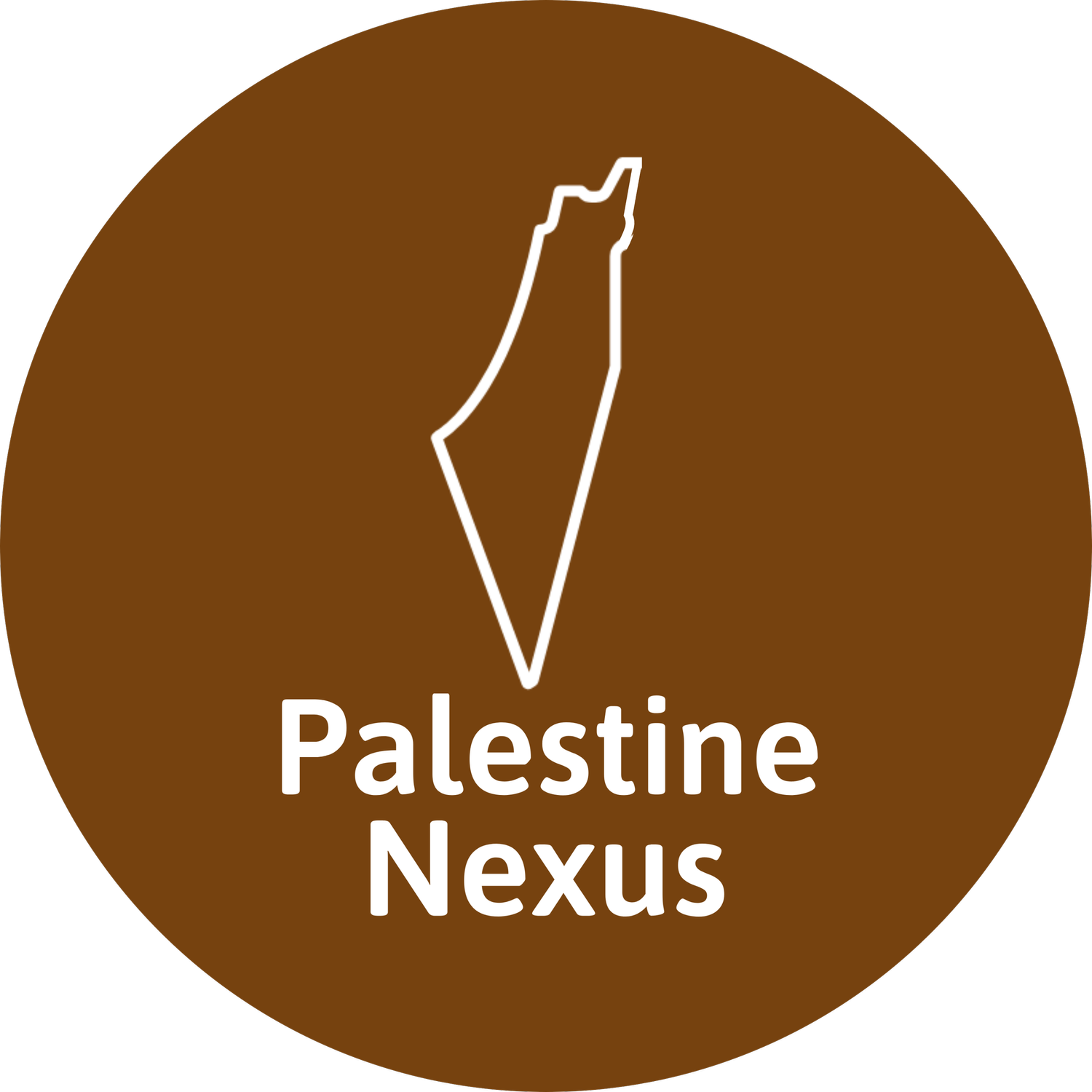How a Palestinian family of eight in Gaza is surviving without their mother
Mervat, Tahreer, Ahmad and their father in a tent in Khan Yunis shortly after their mother, Reem, was killed on June 3, 2025. Photo Credit: Abdullah Al-Attar
On the morning of June 3, 2025, Reem Zeidan, a mother of nine, left her makeshift tent in Khan Yunis, heading towards the al-‘Alam area in al-Mawasi, Rafah. Her hope was to collect a box of food at one of the so-called Gaza Humanitarian Foundation (GHF) aid sites.
Reem walked four kilometers under the scorching sun through rugged terrain where drones, snipers and tanks monitored her every move. She finally reached the al-‘Alam area, or the Flag Roundabout, known by this name because of a large Palestinian flag that once stood there.
An hour later, as she neared the distribution point, she was shot in the head by Israeli forces. Reem’s daughter told me that she lied on the ground, bleeding for around 15 minutes, before her heart stopped. Reem’s body was later found at Nasser Hospital in Khan Yunis alongside 34 other Palestinians killed that day as they were seeking a box of food.
I spoke with Mervat, 20 years old, who went to the hospital to identify her body alongside her father and siblings. They took a ring off Reem’s finger, one of their only physical memories of her.
Mervat now finds herself taking on the role of mother, protector, and provider. Their father, 46, who suffers from severe shortness of breath, is now the sole caregiver for all nine children.
The family had already lost Nabil, 23, the eldest son, who was killed along with a friend by Israeli occupation forces in a sudden strike on the Khan Yunis camp on January 22, 2024.
The children remain in shock. Taḥreer clings to the ring Reem left behind, while the younger ones wake up crying at night, searching for a hug that is no longer there. There is no one to hold them during bombing raids—only the echo of absence fills the tent.
Since their mother’s death, no one in the family dares to go to the aid distribution center.
Mervat hides her pain to prevent her younger siblings from falling apart. She knows that if she breaks down, all of her symbols will too. In the quiet tent, where their mother’s laughter has faded, memories fill every corner. Reem’s spirit lingers—in her voice, smile, and the way she cooked their favorite meal, especially her maftoul, filled with motherly warmth.
No aid or flour reaches their tent and no organization is knocking on their door. The suffocating heat inside the tent makes life unbearable.
Lentils have become their main meal. “Sometimes we eat lentils without bread, as flour has become unaffordable—a kilo costs 30 dollars, Mervat told me a few weeks ago. Now, she prepares simple meals for her siblings as they try to stave off hunger.
Then, on July 11, 2025, the family was forced to flee Khan Yunis as the situation deteriorated rapidly. They were displaced to Deir al-Balah, hoping to find refuge, but after just 11 days, on July 22, the Israeli military invaded eastern Deir al-Balah, forcing them back to Khan Yunis empty-handed and homeless with nothing but the clothes on their backs.
The northern part of Hayy al-Amal, Hope Neighborhood, in Khan Yunis on July 24, 2025. Photo Credit: Mervat
They returned not to a home or even a tent, but rather to empty pavement, hot earth and layers of dust. The whole family spread out on the ground, sleeping under the scorching July sun with no basic necessities.
Only the sky above witnesses a famine creeping into frail bodies, a sick father barely breathing, and a young woman struggling to keep her siblings from dying of hunger.
Finding food is a daily battle. Since their mother’s death, meals have dwindled from three a day to barely one. Now it’s a meal every other day. At the time of writing, the family had only 2 kilos of flour left.
One night, Mervat laid her head on the ground and closed her eyes. “If I’m hungry, it’s not a problem. But I don’t want my brothers to be hungry.”
She told me it’s nearly impossible to find any flour in the markets. Whatever can be found has become so expensive it is beyond reach.
Even a sip of water requires planning and sacrifice: her younger siblings — Zain, Ahmed, and Abdul Rahman — take turns carrying water gallons from the nearest source, half an hour away on foot. Their feet burn on the pavement under the July sun, but they keep going. There is no escape; water is a necessity, and survival has become an impossible choice.
Reem was more than just a cook, cleaner, and comforter. She was the soul holding the family from collapse.
“Every day I wake up and wonder: will we find something to eat?” Mervat asks, then answers with a long silence before whispering, “I don’t know.”
Subscribe to the Palestine Nexus newsletter:



